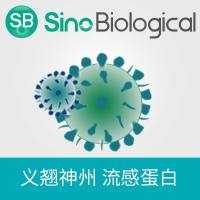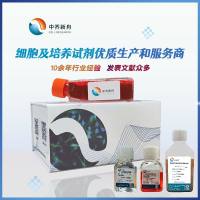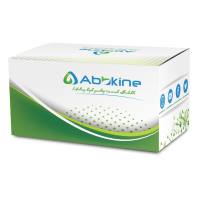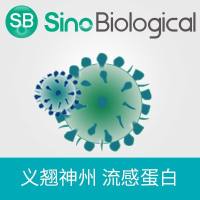An Introduction to Plant Cell Culture: The Future Ahead
互联网
568
Plant cell, tissue, and organ culture (PTC) techniques were developed and established as an experimental necessity for solving important fundamental questions in plant biology, but they currently represent very useful biotechnological tools for a series of important applications such as commercial micropropagation of different plant species, generation of disease-free plant materials, production of haploid and doublehaploid plants, induction of epigenetic or genetic variation for the isolation of variant plants, obtention of novel hybrid plants through the rescue of hybrid embryos or somatic cell fusion from intra- or intergeneric sources, conservation of valuable plant germplasm, and is the keystone for genetic engineering of plants to produce disease and pest resistant varieties, to engineer metabolic pathways with the aim of producing specific secondary metabolites or as an alternative for biopharming. Some other miscellaneous applications involve the utilization of in vitro cultures to test toxic compounds and the possibilities of removing them (bioremediation), interaction of root cultures with nematodes or mycorrhiza, or the use of shoot cultures to maintain plant viruses. With the increased worldwide demand for biofuels, it seems that PTC will certainly be fundamental for engineering different plants species in order to increase the diversity of biofuel options, lower the price marketing, and enhance the production efficiency. Several aspects and applications of PTC such as those mentioned above are the focus of this edition.








